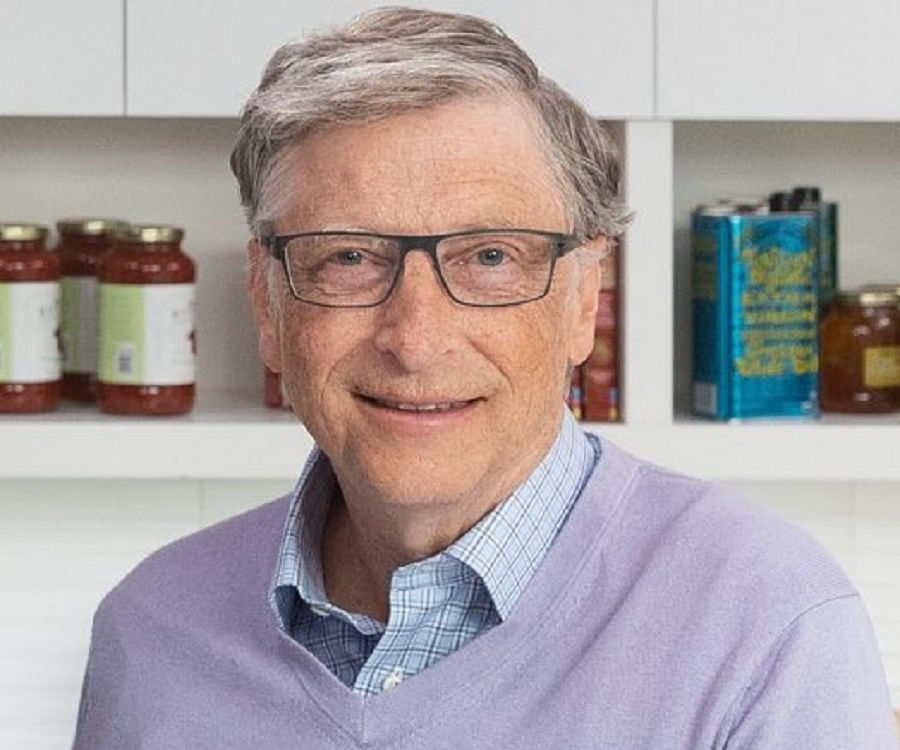

Spending almost eight years at Microsoft has really helped shape my professional career and management style. Lesson 3: Asking the tough questions-and instilling in team leaders that same habit-will make any creative team stronger, healthier and able to deliver a better product to the customer. (Otherwise, they wouldn't be working for me.) At the end of the day, I let the people who work for me know that I trust them. I admit that's a thin line, but when you get it right, the results are amazing. And when this rigor was applied constructively, people working for the company didn’t feel as if their bosses were micromanaging them but, instead, challenging them to ensure their thinking and plans were thorough enough to support all major scenarios.Īt Microsoft, I wanted to create a culture of inspection but not cross the line of micromanagement. Team leaders learned to ask the hard questions before a big presentation to higher-ups. I began to consider it as the “trust but verify” approach.īill’s approach cascaded down through the organization. There was never a time when Bill wasn’t asking questions, but I came to realize that he wasn’t so much questioning the executive’s expertise as he was insisting that the person think things through as fully as possible. Don’t just sit back and review the work of others. Unfortunately, this kernel was never developed, but Bill’s refocusing on the problem brought new clarity to the challenge. Bill took to the whiteboard and shrunk down the requirements to the dozen or so apps that truly mattered.
BILL GATES WINDOWS
The engineers working on the project were caught up in the complexity this would drive to the broad Windows developer ecosystem. I recall a meeting about a potential re-architecture of the Windows kernel-the heart and soul of an operating system. Bill’s level of engagement was incredible whenever he felt he was contributing to a project.
BILL GATES MOVIE
I sought to make Bill the movie producer who worked with us to solve problems, not the critic.

In my experience at Microsoft, I saw that most leaders fit into one of two buckets: movie critic or movie producer. To get him more involved, my goal was always to get Bill out of his seat and to the whiteboard, walking us through possible solutions. He told you everything he didn’t like about the work he was reviewing. If you simply brought in your slides and presented them to Bill Gates, he would operate in the fashion of a film critic. Lesson 2: Be A Movie Producer, Not A Film Critic The whole is greater than the sum of its parts. Lesson 1: Get teams working together for a greater result than their own. In a cybersecurity ecosystem, the ability to see how different products or modules can interact off of a common platform and add disproportioned value to the ecosystem is critical, and developing that strategy was a key skill I learned from Bill. I make it my business to keep apprised of what’s going on around the company, our product efforts and inside Arctic Wolf Labs. But I still think regularly of this superpower of Bill’s in my current role as chief product officer at Arctic Wolf. Most companies aren’t as large and multifaceted as Microsoft, either. Most wouldn’t have the broad view and depth of understanding to put different efforts together to create a sum greater than their parts. He saw how combining parts would create a better result. The company’s products were always better and more secure because of those efforts. “You guys should be working with these other teams,” he’d say. Invariably, Bill offered the names of people we should check in with. We might talk, for example, about incorporating cryptography into Windows platforms or using various secure authentication techniques. Kavita Patel, a primary care physician in Washington and a scholar at the Brookings Institution.I saw it firsthand around security. would not take the issue of global vaccine equity as seriously if it weren't for Bill Gates, because, through media appearances, he was bringing attention to global cooperation," said Dr. testing capabilities and offering predictions about the course of the pandemic. Gates, who warned for years about the possibility of a global disease outbreak, recently emerged as a widely heard voice as the world confronted the scourge of Covid-19, speaking frequently about U.S. The magazine labeled the trio "The Good Samaritans." Gates, along with French Gates and the U2 rocker Bono, were named Time magazine's "Persons of the Year" in 2005 in honor of their philanthropic activities. In the last 20 years, as much of the American public continued to lose faith in traditional institutions, Gates appeared to gain more authority, helping to lead the fight against malaria and pushing for scientific research around the world.


 0 kommentar(er)
0 kommentar(er)
